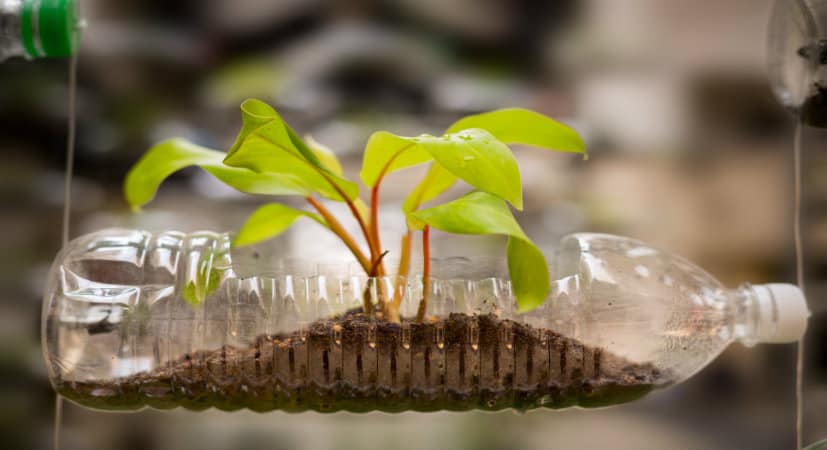Waste management is an essential aspect of daily life, as our society continues to produce vast amounts of waste. It is crucial to have efficient systems in place to properly handle and dispose of this waste in a way that minimizes its impact on the environment and public health. Whether it be household waste, industrial waste, or hazardous waste, proper management techniques are necessary to ensure the sustainability of our planet for future generations.
In this article, we will explore the various methods and technologies used in waste management, including recycling, composting, landfill disposal, and waste-to-energy processes. We will also discuss the importance of reducing waste generation through education and sustainable practices, as well as the challenges and opportunities facing the waste management industry. By understanding the complexities of waste management and implementing innovative solutions, we can work towards a cleaner and healthier environment for all.

Methods and Technologies in Waste Management
When it comes to waste management, various methods and technologies are employed to ensure the proper handling and disposal of waste. Recycling plays a significant role in diverting materials from landfills and reducing the strain on natural resources. Composting is another eco-friendly technique that helps turn organic waste into nutrient-rich soil for gardening and landscaping purposes. Landfill disposal, although not the most sustainable option, is still a common method of waste disposal for non-recyclable materials. Moreover, waste-to-energy processes are gaining popularity as they convert waste into energy sources like electricity or heat. Skip Bins Mandurah
Challenges and Opportunities in Waste Management
Despite the advancements in waste management technologies, there are still challenges that need to be addressed. One major challenge is the increasing amount of waste generated globally, putting a strain on existing disposal facilities and landfills. Additionally, hazardous waste management poses a significant risk to public health and the environment if not handled properly. However, these challenges also present opportunities for innovation and improvement in waste management practices. By investing in education and sustainable practices, communities can reduce waste generation and promote a more circular economy where materials are reused, recycled, or repurposed effectively, leading to a more sustainable future for all.
In conclusion, waste management is a complex and vital component of modern society that requires innovative solutions to minimize its impact on the environment and public health. By utilizing various methods such as recycling, composting, landfill disposal, and waste-to-energy processes, we can work towards a more sustainable future. While there are challenges such as the increasing amount of waste and hazardous materials, there are also opportunities for improvement through education and sustainable practices. The key lies in investing in new technologies and practices to reduce waste generation and create a more circular economy where resources are reused and repurposed effectively. With continued efforts and awareness, we can strive towards a cleaner and healthier environment for generations to come.



